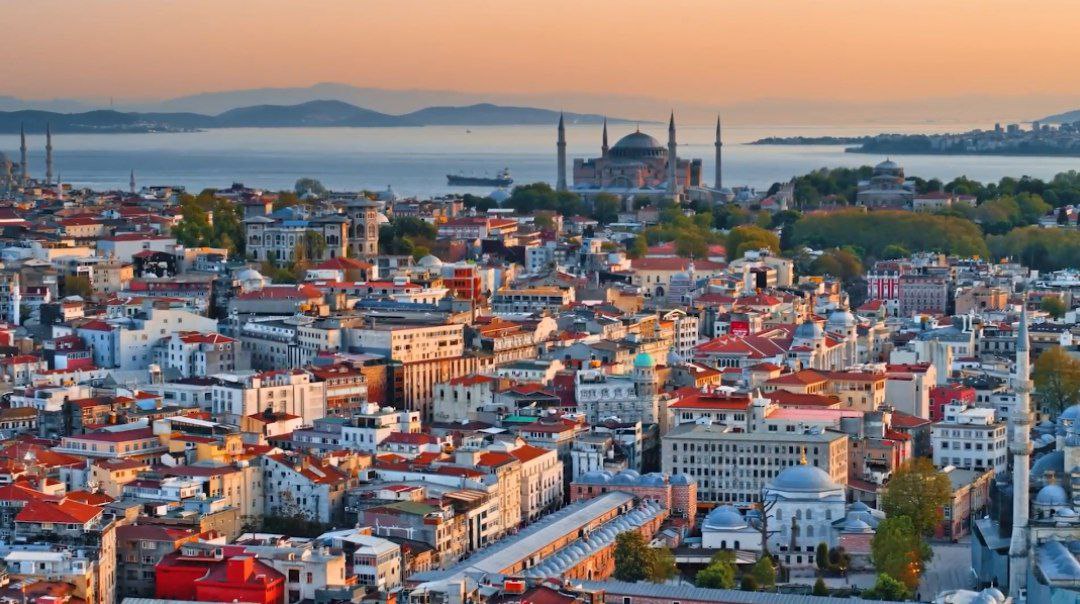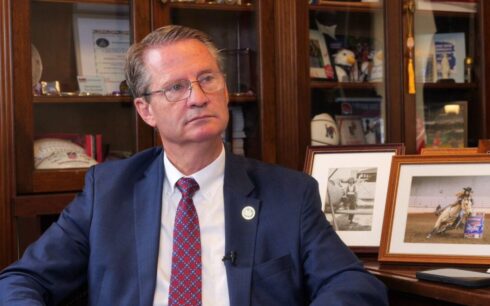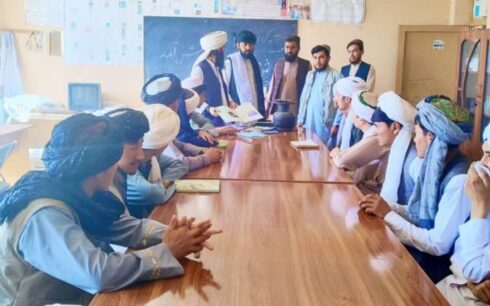A two-day meeting of Afghan political figures, known as the “National Dialogue Process,” concluded in Istanbul on Friday. The gathering, reportedly supported by Turkey, included several high-profile figures from Afghanistan’s former government and individuals with connections to the Taliban, though it ended without an official statement or resolution.
The meeting was led by Hikmat Khalil Karzai, a former deputy foreign minister; Mustafa Mastoor, a former economy minister; and Idris Zaman, another former deputy foreign minister. Held behind closed doors without media access, the discussions aimed to assess Afghanistan’s political situation and explore paths toward stability.
Jafar Mahdawi, leader of Afghanistan’s National Party, participated from Kabul, urging the Taliban to support inclusive national dialogues. “I hope Taliban officials, with an understanding of this valuable Islamic and national approach, will take effective steps to create an environment for inclusive dialogue,” Mahdawi said. Sources confirmed that nearly 50 people attended the meeting, including political representatives from Afghanistan’s previous administration and women’s rights activists like Shukria Barakzai, Fawzia Koofi, and Shahgul Rezai. However, participants opted not to disclose specific details of the discussions.
The meeting drew mixed reactions from Afghan citizens. “These gatherings have had no positive impact on the situation of women, human rights, or Afghanistan’s political future,” said a Kabul resident. “We want the real demands of the Afghan people to be addressed in all these meetings.”
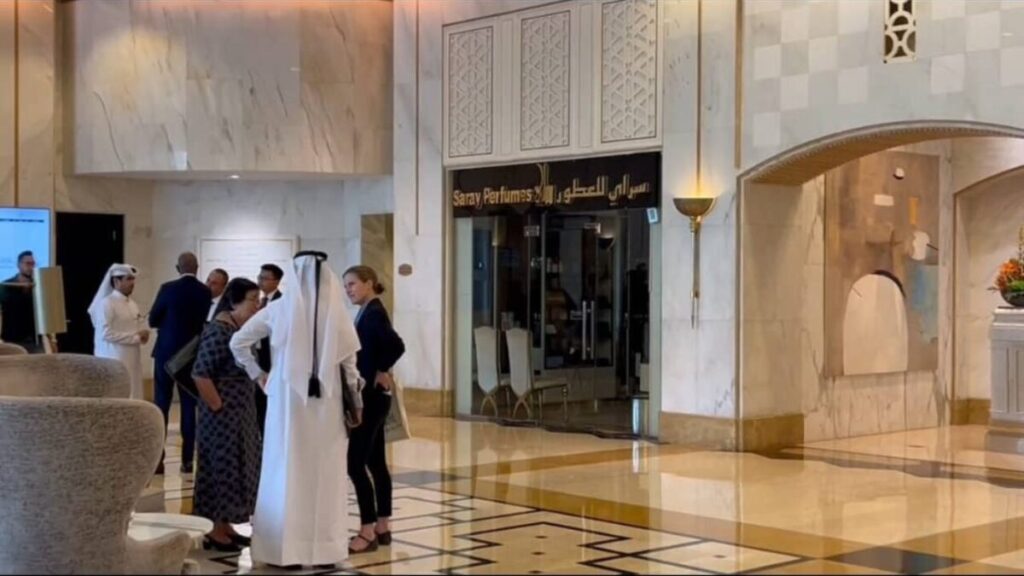
A History of International Meetings on Afghanistan
International efforts to address Afghanistan’s crisis have led to numerous diplomatic gatherings in recent years. The United Nations launched the Doha meeting series in Qatar to facilitate an international approach to Afghanistan’s political and humanitarian issues.
• Doha Meetings: The first meeting was held in May 2023, excluding the Taliban. Subsequent meetings included a February 2024 gathering led by U.N. Secretary-General António Guterres and a third session in June 2024, where the Taliban’s participation was conditional upon omitting human rights discussions. Many women’s rights activists declined to attend the second meeting.
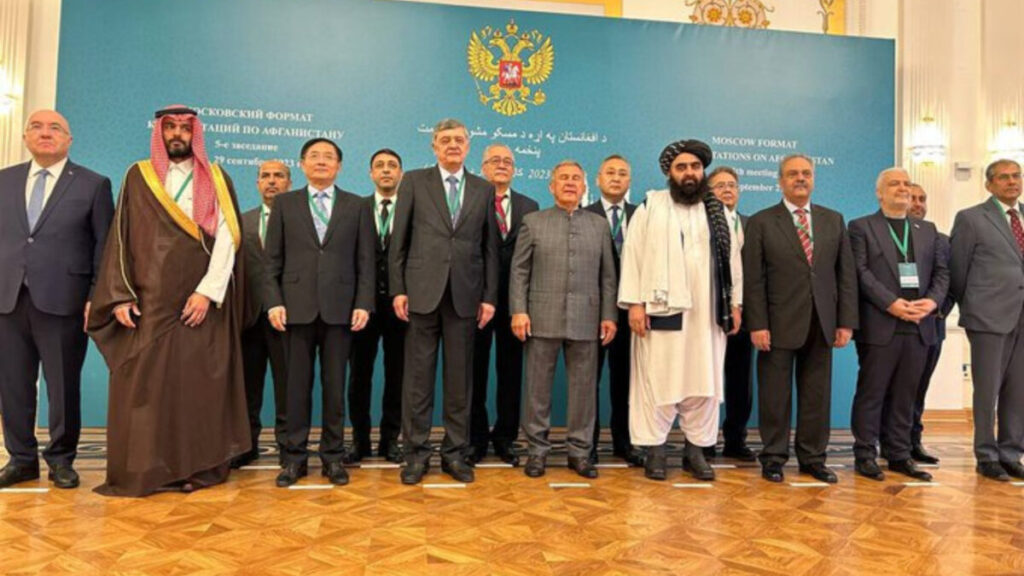
• Moscow Format: Russia, China, and Iran have led six rounds of the “Moscow Format” since 2017. The format’s meetings have included Taliban representatives since 2018, with the latest session held in October 2024. Russia has described these talks as efforts to build a regional consensus on Afghanistan and find a political solution to the ongoing crisis.

• Vienna Meetings: Anti-Taliban Afghan political figures have gathered four times in Vienna, Austria, since September 2022. The meetings aim to strengthen unity among Taliban opposition groups and assess the situation in Afghanistan.
The international community’s main demands of the Taliban have consistently included the formation of an inclusive government, counterterrorism efforts, and respect for human rights—particularly for women and girls. However, the Taliban has continued to impose restrictive measures on women’s rights, freedom of speech, and public life, resisting international pressure for reform.

